
8 Tips on How to Get rid of Pimples on Nose
Nose pimples can be quite uncomfortable and annoying. A painful pimple on the nose may be an unpleasant guest, whether you're an adult managing sporadic outbreaks or an adolescent going through the challenges of puberty. Worry not, as we'll talk about why pimples frequently occur on the nose in this article and provide you with practical techniques for getting rid of them.
Understanding Why Pimples Form on the Nose
As there are so many oil glands in the nose, pimples are very commonly seen here. Sebum, a greasy material that keeps your skin hydrated, is produced by these oil glands, sometimes referred to as sebaceous glands. Hyperactive sebaceous glands have the potential to clog pores and cause pimples. As it sits in the middle of the face, the nose is more likely to break out because it is touched and exposed to external elements.
Here are some common reasons for developing painful pimples on your nose:
1. Hormonal Imbalances
Hormonal fluctuations can cause the sebaceous glands to become more active, which can result in acne and increased sebum production, particularly during puberty, menstruation, or pregnancy.
2. Poor Skincare Routine
Pimples can result from clogged pores, which can be caused by using harsh skincare products or not washing your face frequently.
Also read: The ultimate skin care routine for beginners
3. Diet
Eating a diet heavy in sugar and processed foods can aggravate acne, especially pimples on the nose.
4. Stress
Hormonal changes brought on by high amounts of stress might encourage the development of acne.
5. Bacterial Infections
A pimple on the nose indicates bacterial infections. Inflammation can be brought on by bacteria, especially Propionibacterium acnes, which can enter closed pores.
Tips To Get Rid Of Nose Pimples
After discussing the causes of nose pimples, let's look at how to reduce pimples on your nose -
Tip 1: Gentle Cleansing
Developing a mild cleaning regimen is essential if you want to combat pimples on your nose. Wash your face twice a day with a gentle cleanser like the Clearing & Calming Acne Face Wash. This keeps your pores from being clogged by clearing your skin of debris, extra oil, and pollutants. Remember that vigorous cleaning could aggravate acne by irritating your skin.
Tip 2: Salicylic Acid
A powerful ally in the battle against nose pimples is salicylic acid. This component is particularly useful in treating acne because of its reputation for clearing blocked pores and lowering inflammation. Look for over-the-counter medications that have salicylic acid in them, like the Clearing & Calming Acne Face Wash and the Overnight Acne Spot Corrector from The Pink Foundry. Follow the product's instructions for proper application, and be consistent in your routine for the best results.
Tip 3: Sulphur-Based Products
Sulphur-based products are effective in reducing inflammation and eliminating surface bacteria. You can consider using a sulfur mask or spot treatment like the Overnight Acne Spot Corrector, specifically on your nose pimples. These products work by drying out the pimple and promoting faster healing. Apply them as directed on the product packaging to maximise their benefits.
Tip 4: Avoid Touching Your Face
Resist the temptation to touch your face, especially your nose area. Constantly touching your face introduces dirt, oils, and bacteria to your skin, which can exacerbate acne. Moreover, picking or squeezing pimples can lead to scarring, prolonged healing, and more inflammation.
Use a potent sunscreen if you are using over-the-counter, or OTC, medications, as your skin will be sensitive to the sun at this time. The Mineral Matte Tinted Sunscreen will provide you with the best sunburn protection and thereby help stop the formation of pimples on the nose.
Tip 5: Maintain a Healthy Diet
What you consume can greatly impact the condition of your skin. A diet rich in fruits, vegetables, whole grains and lean meats can enhance clear complexion. To reduce acne outbreaks, consider reducing your intake of processed and sugary foods.
Also Read: How To Create A Healthy Diet For Glowing Skin
Tip 6: Hydration and Moisturisation
Sufficient moisture is crucial for the general health of the skin. Getting adequate water can help keep skin supple. Use a non-comedogenic moisturiser like the Acne Care & Healing Gel Moisturiser with Tea Tree & Cica to keep your skin hydrated without clogging your pores.
Tip 7: Topical Antibiotics
For more severe cases of nose pimples, a dermatologist may prescribe topical antibiotics. These can help control bacterial infections and reduce inflammation.
Tip 8: Professional Treatment
It's a smart decision to get professional treatment from a dermatologist if your nose pimples are painful and persistent. In extreme situations, they could suggest treatments like chemical peels, microdermabrasion, or even oral medicines.
Conclusion
You can effectively treat and avoid the discomfort of nose pimples with an appropriate skincare regimen and lifestyle adjustments. To find the best treatment for nose pimples, one must understand their origins thoroughly. Harsh skin care practices play a significant role in their development.
Remember, for optimal results, persistence and patience are key. Should nose acne persist, consult with a dermatologist. The specialised treatment options that they provide can help you achieve clear and spotless skin.
FAQs:
1. What causes pimples on the nose?
Hormonal changes, poor skincare, diet, stress, and bacterial infections can cause nose pimples.
2. How to get rid of pimples on your nose?
Maintain good hygiene, use acne products, avoid touching your face, eat a healthy diet, and manage stress.
3. Are nose pimples painful?
Yes, nose pimples can be painful due to inflammation and pressure on sensitive nasal skin.
4. Can I pop a pimple on my nose?
It's not recommended. Popping can lead to scarring, infection, and worsening inflammation.
5. How to get rid of nose pimples quickly?
One can use a spot treatment gel containing salicylic acid or benzoyl peroxide on nose pimples to dry them and quickly reduce their size overnight. Don't pop them. Keep the area clean and avoid picking.
6. How to get rid of nose pimples overnight?
Getting rid of nose pimples overnight can be difficult, but using an anti-acne spot treatment containing benzoyl peroxide can significantly reduce redness and swelling quickly. Hydrocolloid pimple patches can help absorb oil and pus to speed healing.



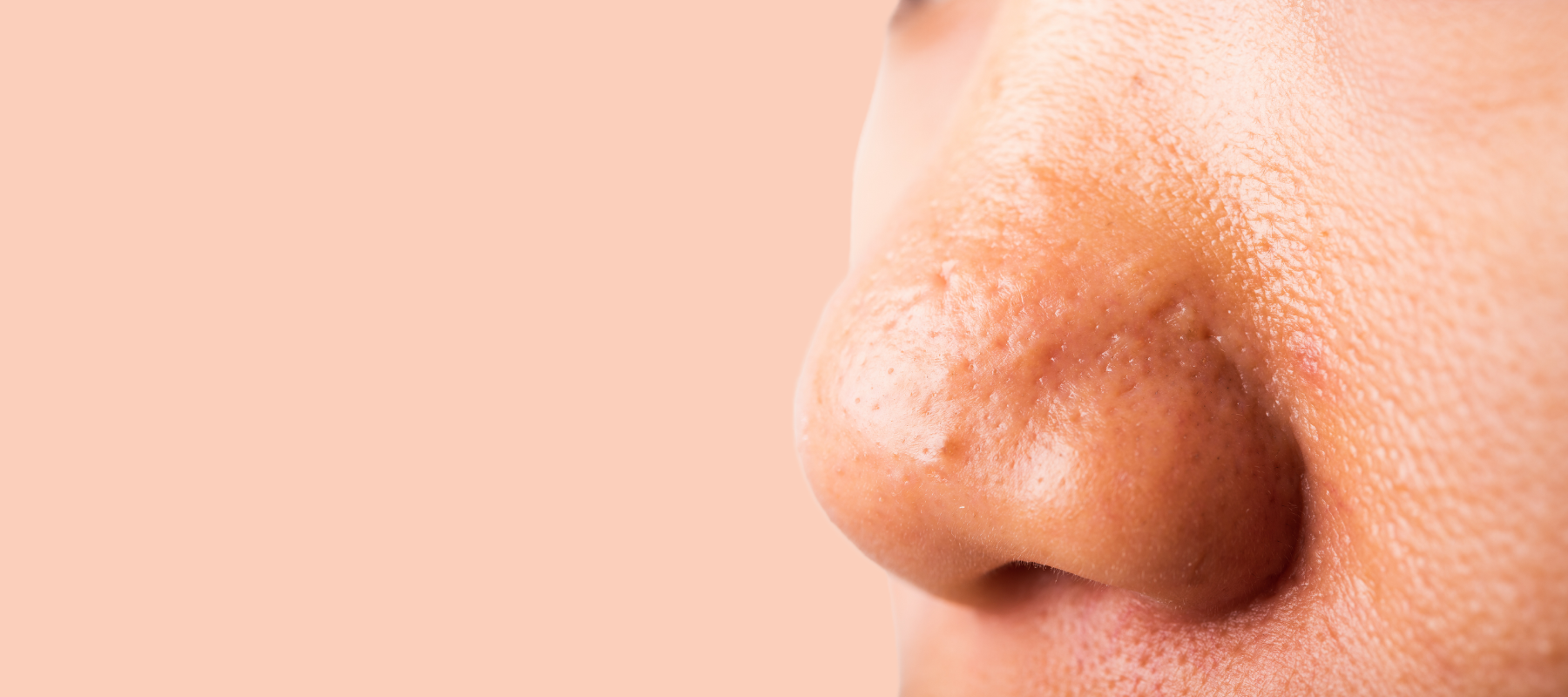
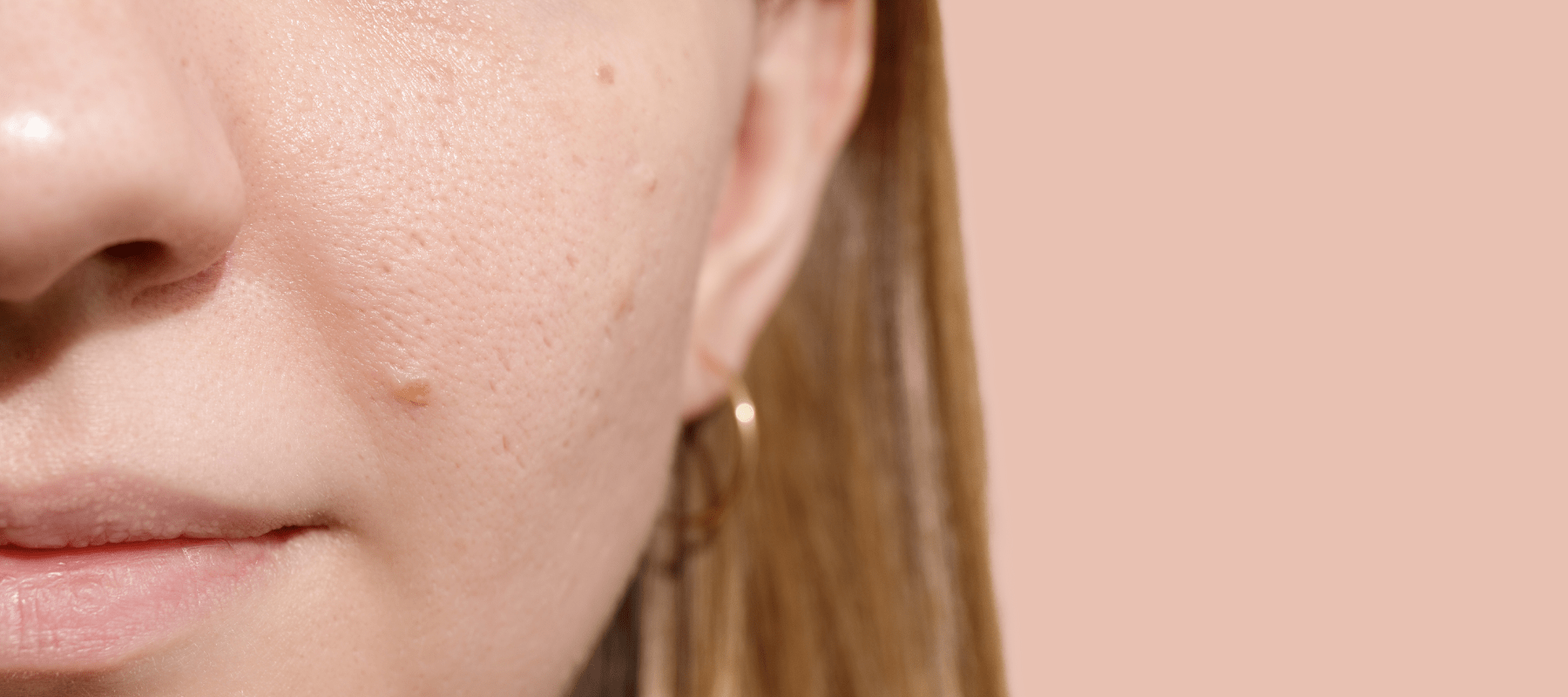



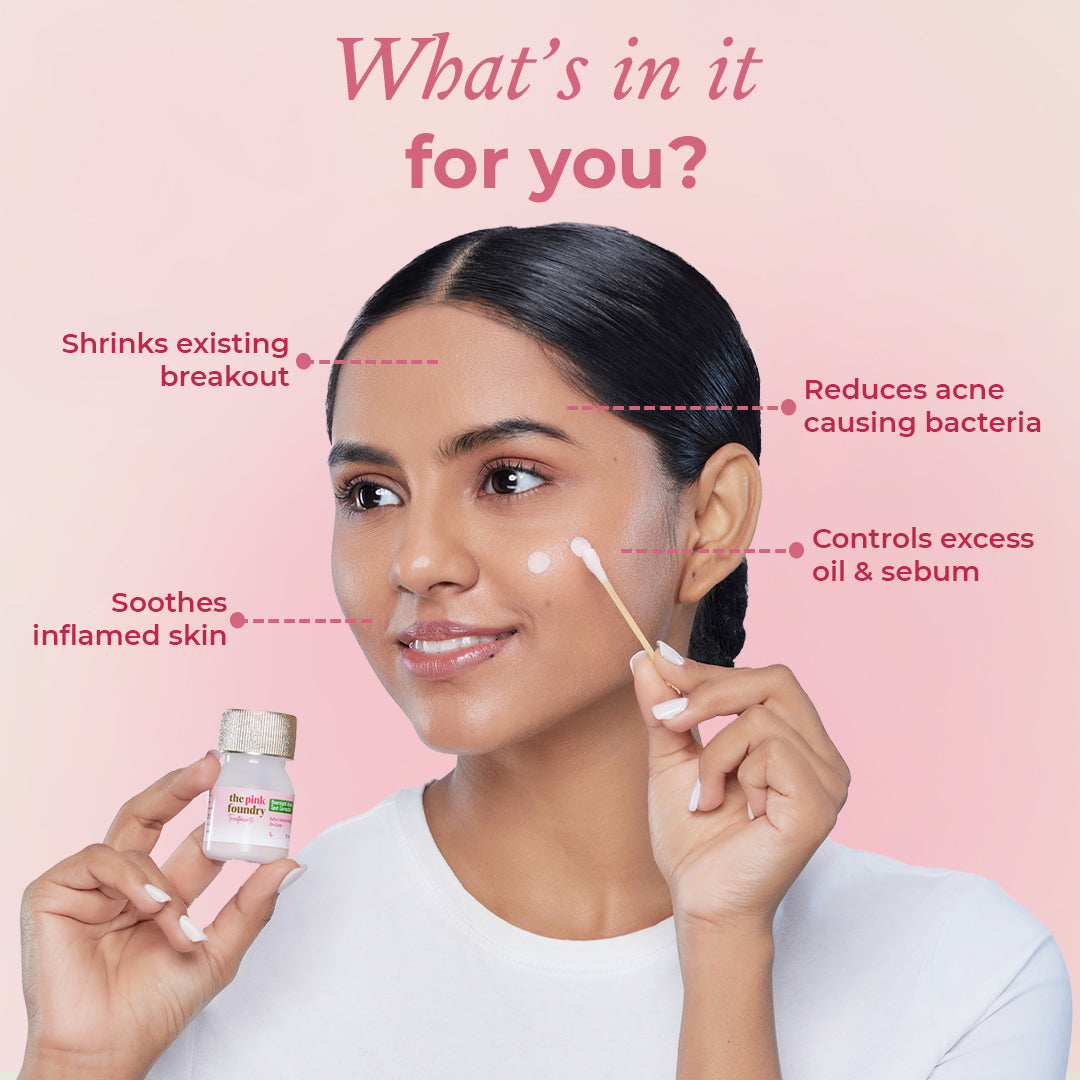
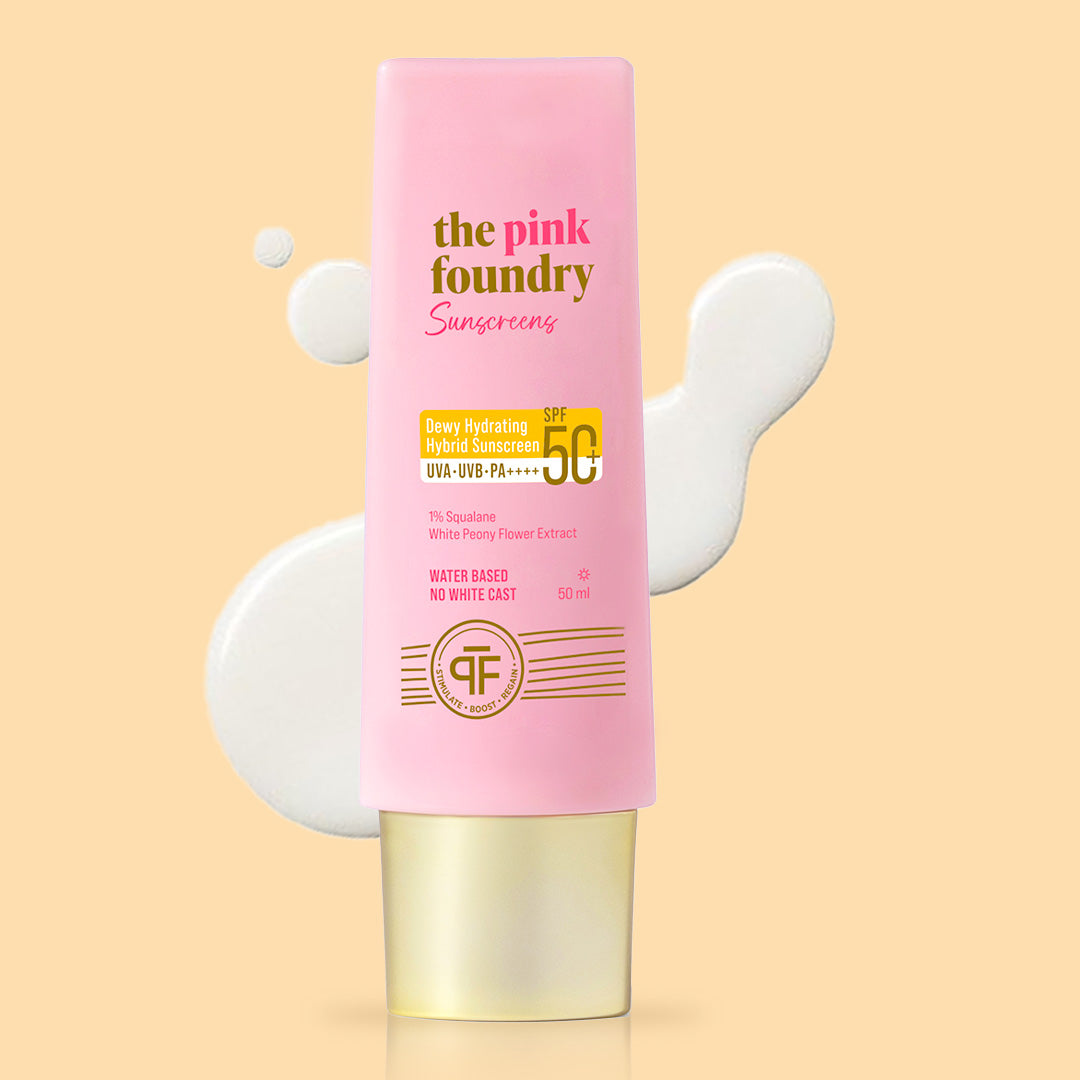
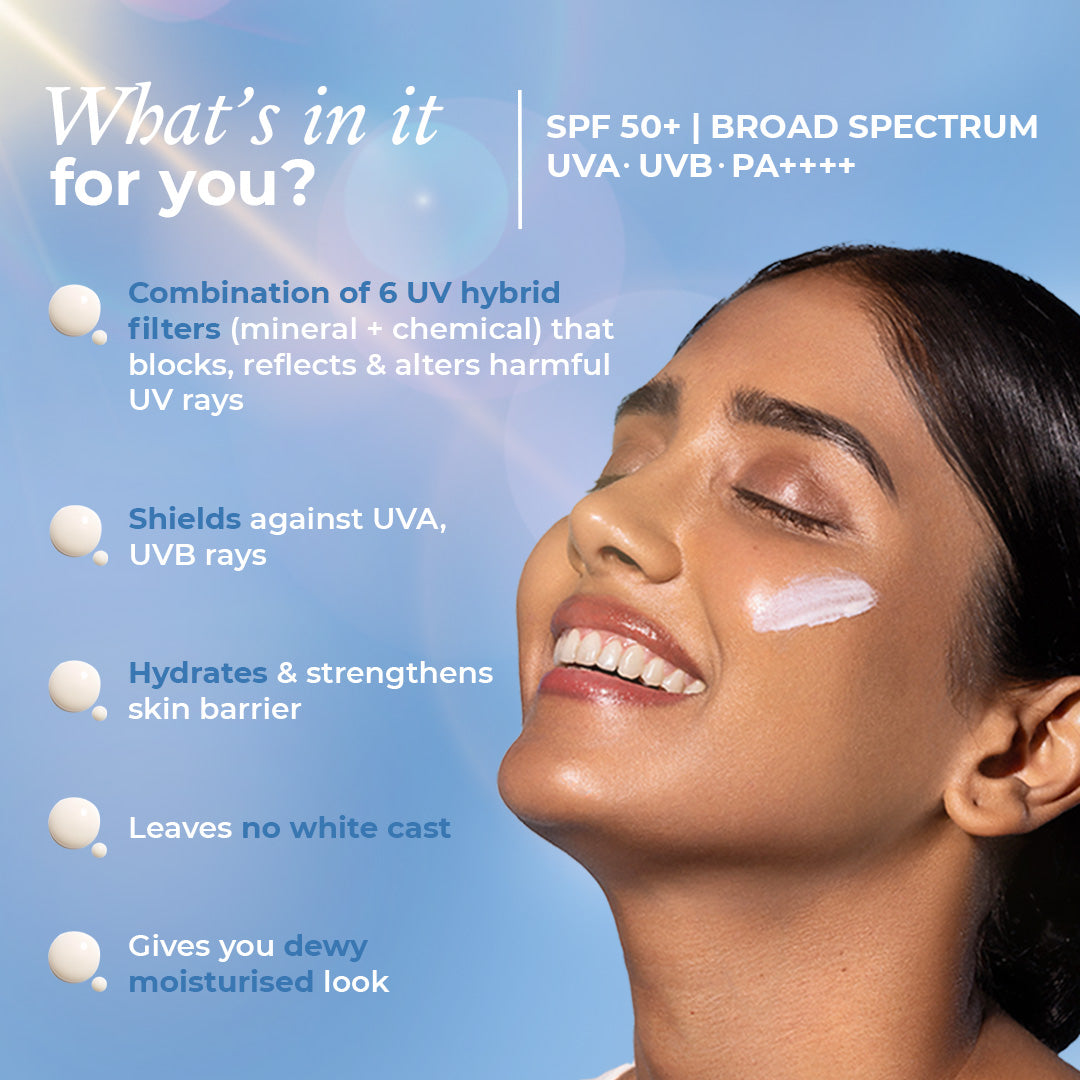


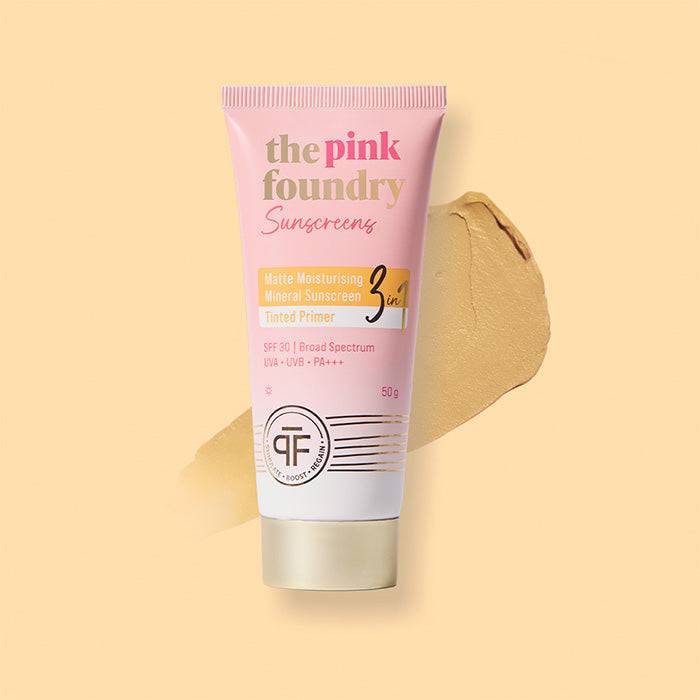
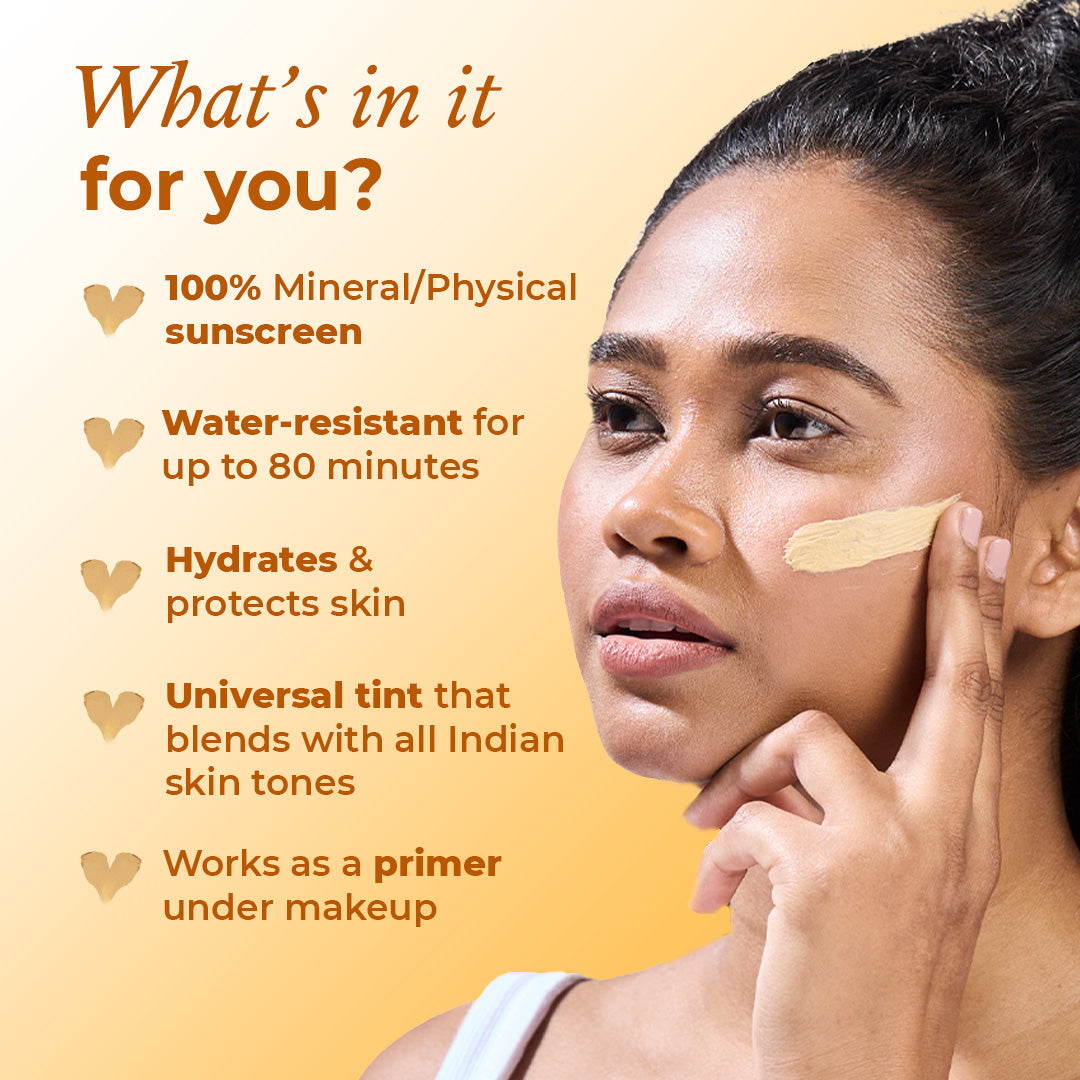



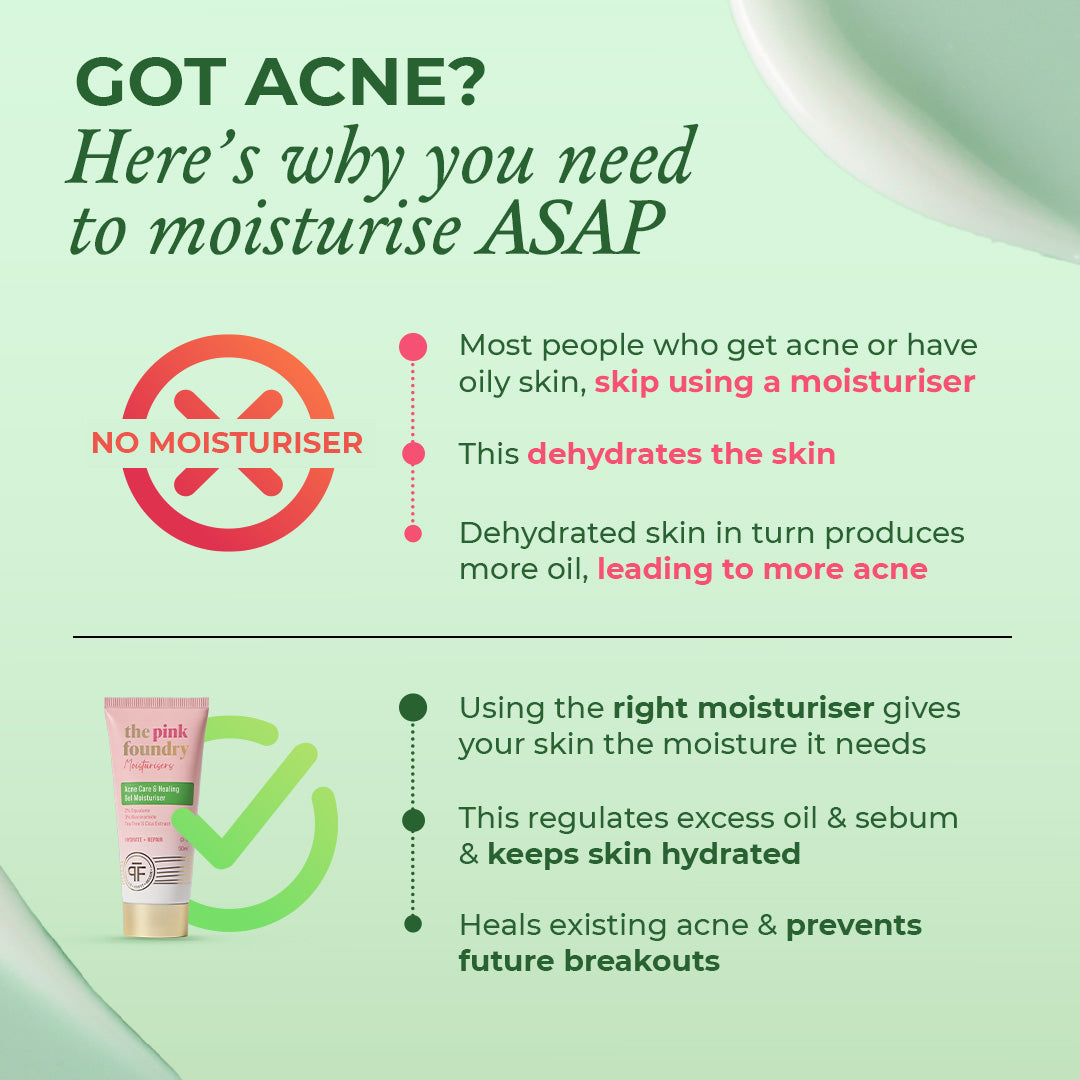
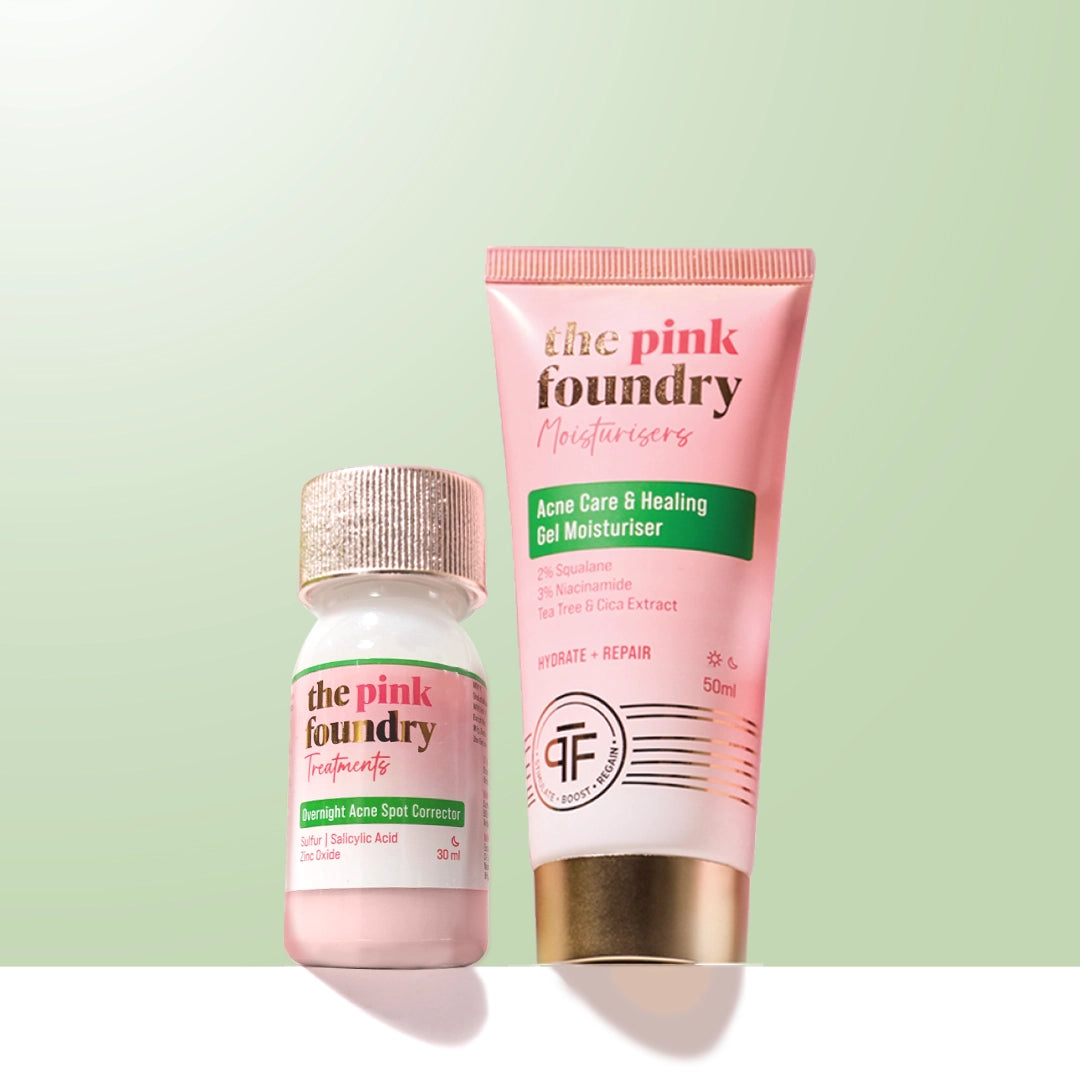
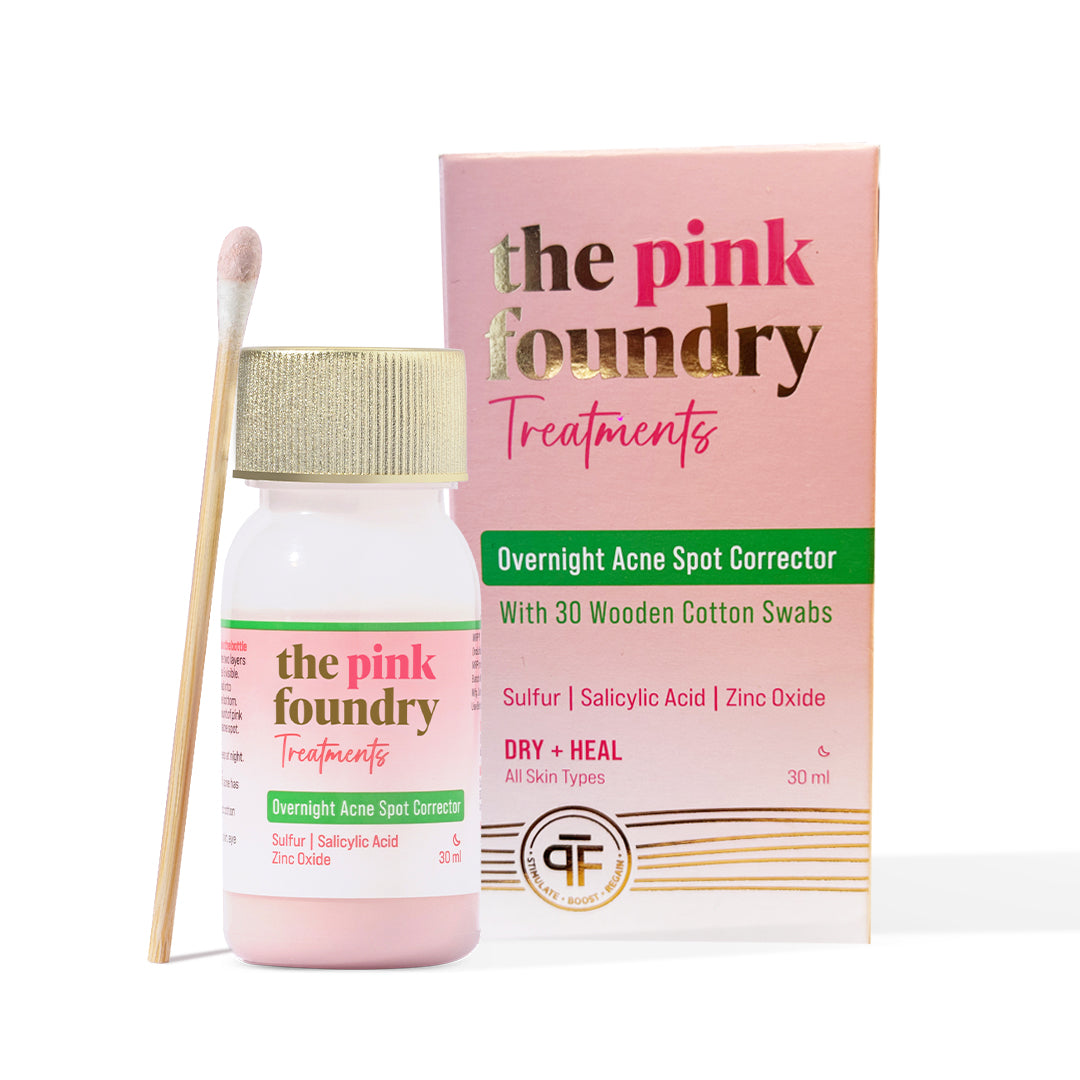
Leave a comment
This site is protected by hCaptcha and the hCaptcha Privacy Policy and Terms of Service apply.